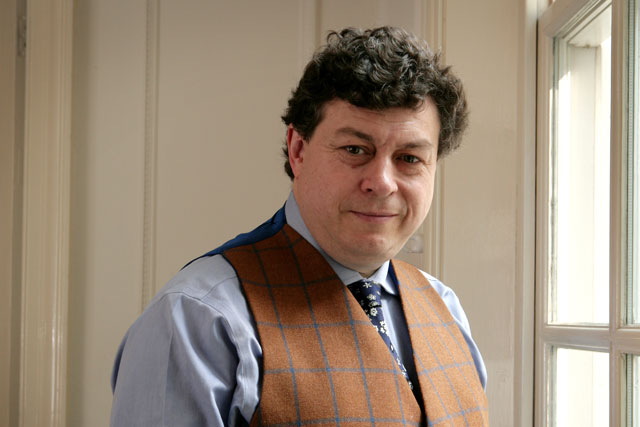The debate encapsulates an important philosophical divide on the subject of how we should design choices - and hence laws. The first system, calculating units, is based on a kind of scientific perfectionism. Drawing on multiple studies, peer-reviewed literature and complex statistical analysis, you arrive at a robust answer for how much someone might safely drink in a week. The second approach is a heuristic. It is not logically perfect rule-making - theoretically, at least, it would be possible to drink prodigiously while still obeying the rule. But, in the regulation of human affairs, there is a lot to be said for heuristics.
When given a unit-based limit, it is very easy to practice self-deception - convincing yourself that a bucket of 14.4 per cent ABV Chilean Merlot constitutes a single unit. Quantitative limits are not socially self-reinforcing, either: a husband and wife, or a group of friends, can agree not to drink on Mondays and Wednesdays, and can encourage (and police) each other in the endeavour. This is not possible with units - or not without a high degree of invasive scrutiny.
But the final argument is that a two-days-off approach to drinking can become habitual in a way amount-based recommendations cannot. Habits, routines and rituals become embedded in human behaviour; numerical limits don't.
This may be why people like the Atkins diet. It is an arbitrary and scientifically imperfect regimen, but easy to adhere to. When making laws, God adopts a behavioural approach too. When instigating what the European Union calls a "working-time directive", He did not set a French-style limit of 35 hours a week but stipulated that people should not work on the seventh day.
In one respect, this seems to be a straight fight between hard science and psychology. But it is more than that. Some of the world's best brains, including Nicholas Nassim Taleb and Gerd Gigerenzer, believe that heuristics often lead to better decisions than the use of formal logic or probability.
To understand this bizarre and counterintuitive view, read Gigerenzer's Gut Feelings: The Intelligence Of The Subconscious. Anyone with a database to analyse must read it, since it suggests the art of modelling Big Data might lie in ignoring as many variables as possible.
The future of computing may even involve teaching computers to adopt the kind of heuristics humans do. Interestingly, in 2001: A Space Odyssey, the letters of HAL 9000 stand for Heuristically programmed ALgorithmic computer.
Rory Sutherland is the vice-chairman of Ogilvy Group UK.


